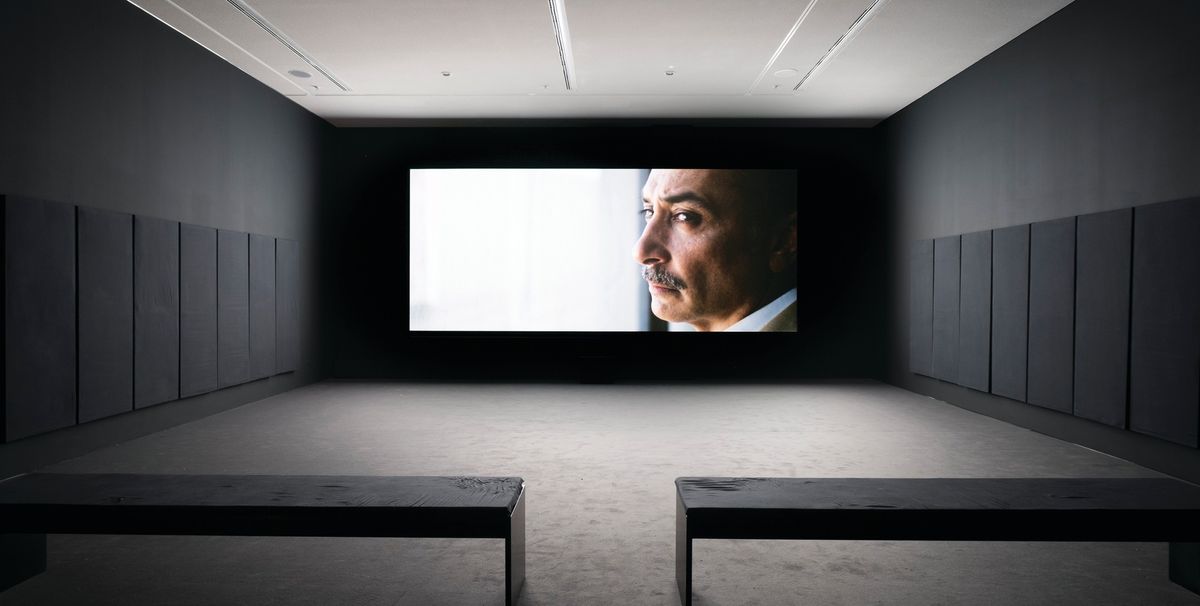
Katharine Stout
Deputy director, Institute of Contemporary Arts, London
As befitting the title, Learning from Athens, this part of Documenta 14 is a considered response to the city, not only in physical and geographical terms but also to its social, political and economical context. This worked particularly well in the way the selection of artists and works responded to the locations. For example, at the music school, the Athens Conservatoire, there was a clear thread running through about experimental sound and music. Likewise, at the Athens School of Fine Arts, the thread running through emphasises alternate and experimental thinking. The broader themes, such as the current state of democracy, and urgent questions around migration and borders, were visible in the very strong sense of storytelling, in particular through essay filmmaking. This was strongest when it focused on individual stories, as for example in the newly commissioned films by Bouchra Khalili and Naeem Mohaiemen. There is a sense of “archive fever” in the show stemming, perhaps, from the strong museological infrastructure in Athens. There was also a clear curatorial decision to broaden the selection of artists from those already known internationally, and outside of the usual “trade routes”. I thought including these artists and acknowledging their place was important. An artist can have an impact in a much quieter or localised way that can be just as crucial.
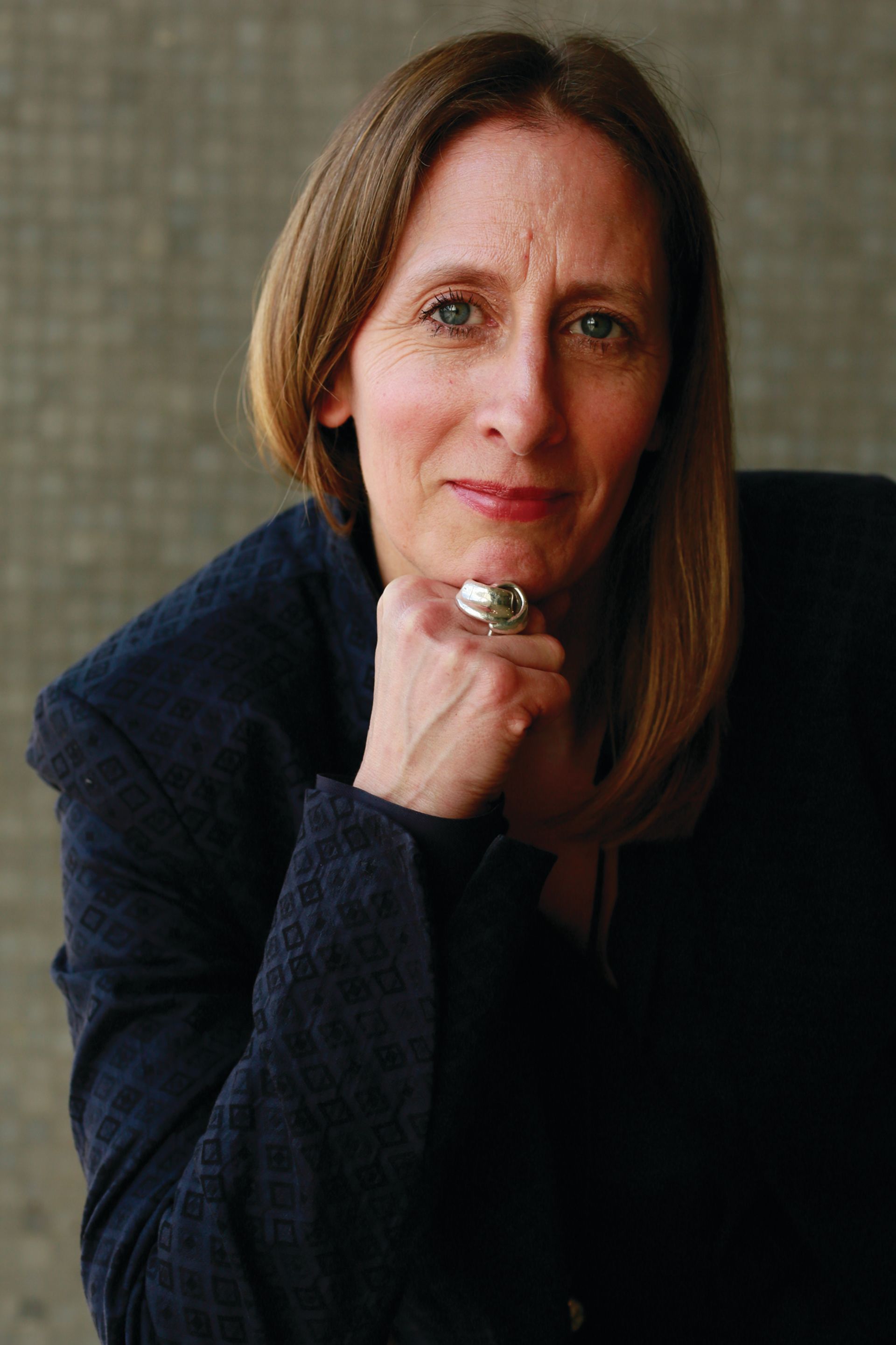
Stephanie Rosenthal
Chief curator, Hayward Gallery, London, and incoming director, Martin-Gropius-Bau, Berlin
I felt that the Documenta team presented an appropriately modest exhibition for the times that we are in. With our growing demand for big installations, I appreciated that it wasn’t an overly spectacular display. The other aspect that was important to me is the question around ownership: why we think we own land, how we have the right to occupy land and split it up into nation states. I felt the whole hierarchy of passports and of nationalities was negotiated really well. Speaking to artists, it’s clearly a driving force that I saw reflected in Athens. Bouchra Khalili’s work at the Athens School of Fine Arts, for example, or Maria Magdalena Campos-Pons’s piece, addressed these complex issues very sensitively. To do a relevant exhibition in our times, I think one has an obligation to engage the local community. I don’t mean that this community has to be present in the exhibition, but certainly engaged. I want to believe that this has happened more successfully at Documenta 14 than I have heard and read so far.
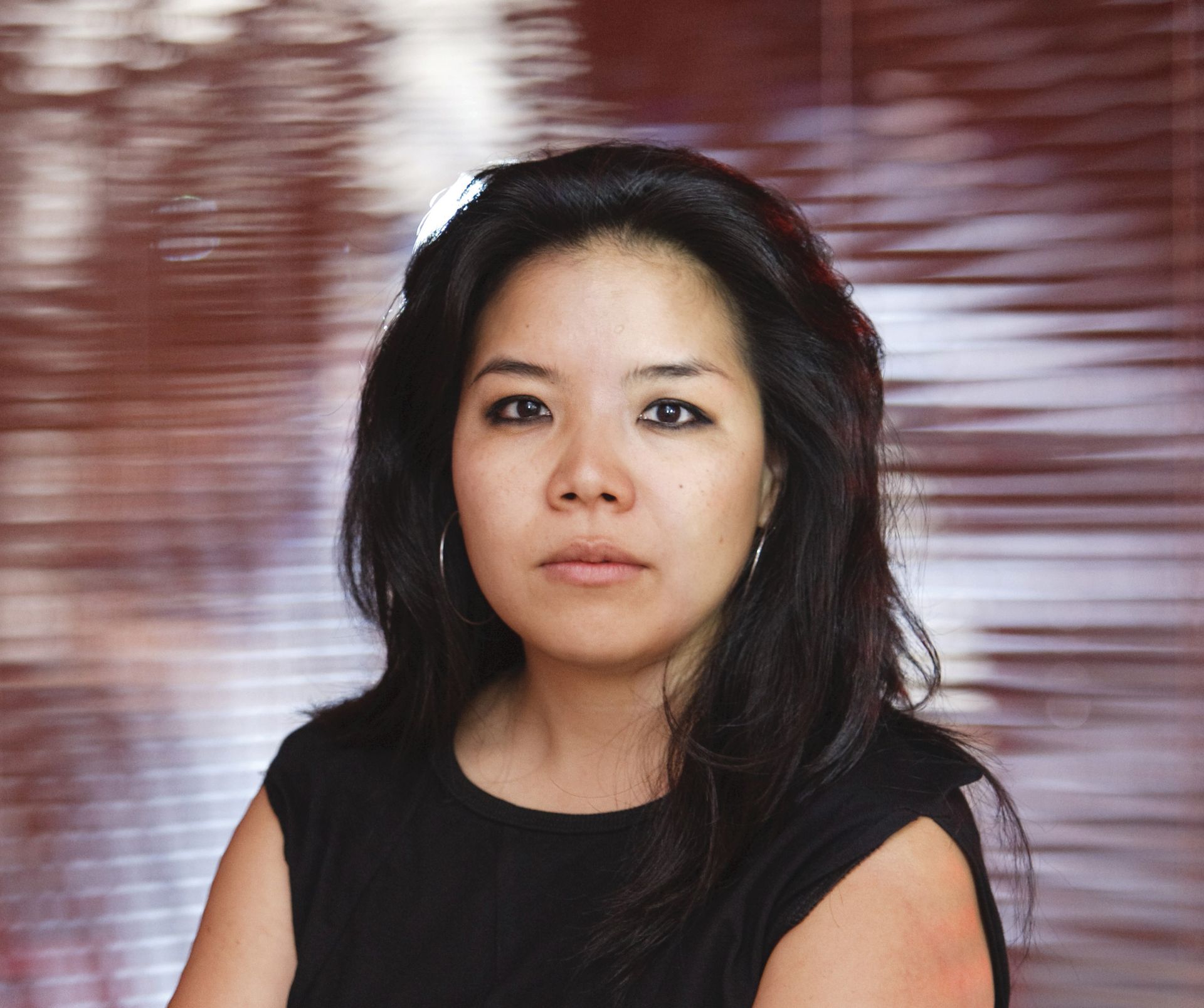
Clara Kim
Daskalopoulos senior curator, international art (Africa, Asia and Middle East), Tate
This instalment of the two-city extravaganza begged more questions than answers. How do we want art to function in uncertain times? Can art transgress political and social boundaries? If the ambition of the exhibition attempted to make forays, the contradictions and unsettling presence of the German-funded enterprise in post-austerity Greece far outweighed it, making evident the limitations of art and its institutions. If we want to address issues and allow art to speak within and between politics, the rules of engagement must change. While there was no shortage of good art, the most memorable moments came in intimate forms of exchange: Tshibumba Kanda Matulu’s remarkable folk paintings chronicling pre-and post-colonial Congo and the sense of loss of place in Naeem Mohaiemen’s new film Tripoli Cancelled (2017), both powerfully documenting the human condition.
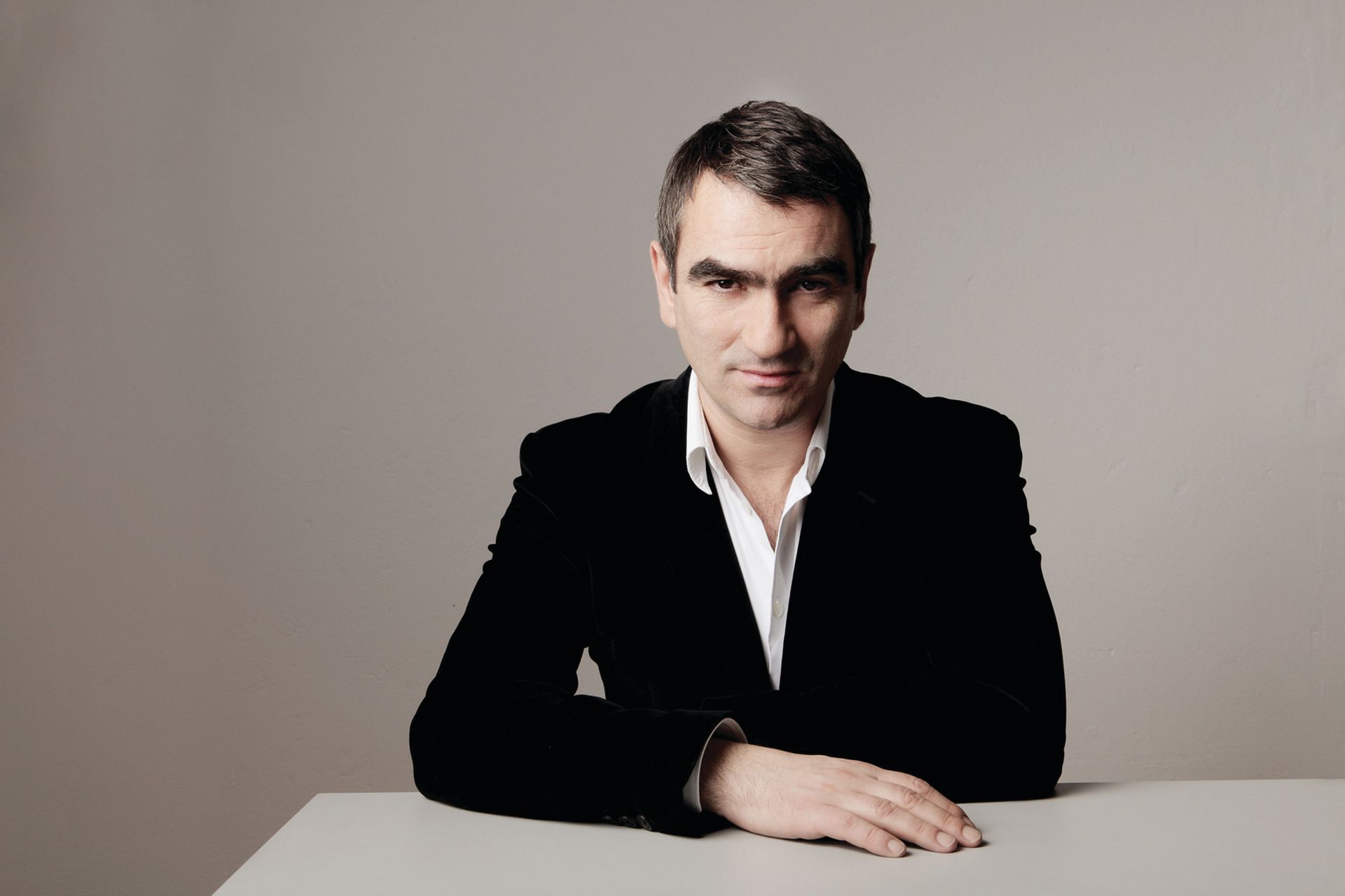
Nicolaus Schafhausen
Director, Kunsthalle Wien, and strategic director, Fogo Island Arts
With Adam Szymczyk as artistic director and a sharp curatorial team, my expectations for this particular edition of Documenta were extremely high, especially for this first part in Athens. Documenta as a mega art event constantly requires rethinking and reform, and therefore I believe the choice to locate a part in Athens was not only a logical but an appropriate consequence of our times in ongoing financial and political crisis. That said, I also think it was, and is, crucial not to take Documenta away from Kassel completely. Kassel symbolises a typical post-industrial city suffering from the effects of globalisation, and, as is the case with so many other cities and rural areas just like it, subject to hardships. The question, relating to the staging of Documenta 14 in Athens, is what the surplus value will be. How will it impact the people of Athens, and what will be left for the local community there? It is clearly a positive development in my opinion that Szymczyk tried very hard not to be dominated by the art market. In some respects, perhaps the exhibition tried to cover too much, inviting almost too many artists, hence too many voices. I commend the fact that everything was put together in a non-hierarchical way, although perhaps the inclusion of forms of framework may have helped to add some focus. For instance, it could have featured more key works as departure points. In trying to cover so much, at times it felt slightly loose, as though it lost focus or a coherent vision due to the broad spectrum of work presented. What I missed was a direct, aggressive address to financial systems, an emphasis on the economic relations that underscore our world. Perhaps this would have been too predictable given the context of Documenta and the events of global crises that contributed to its realisation, but nonetheless I would say that this aspect, and resistance, was not as prominent as I had expected and hoped for.
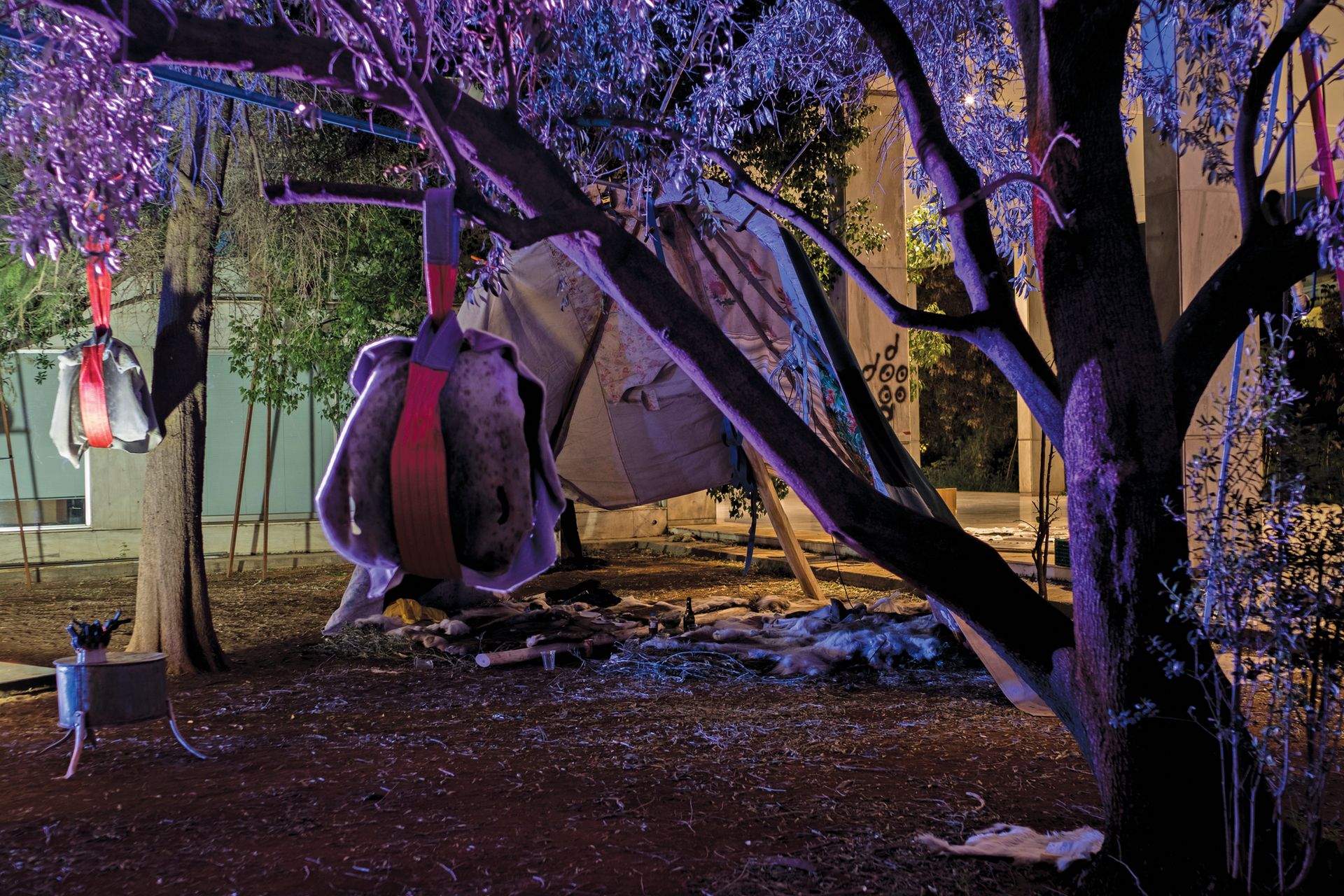
All things considered, with respect to the Athens exhibition, there was a great deal of outstanding works. I loved Sami artist Joar Nango’s performance at the Athens Conservatoire and Otobong Nkanga’s soap works, only to name two. Personally, I made a lot of discoveries among a number of artists that I have followed for a long time. I believe that we, who are considered the so-called cultural elite, must not only focus on our present time and our historical past, but on what comes next, what will shape our future and how we will live together.


